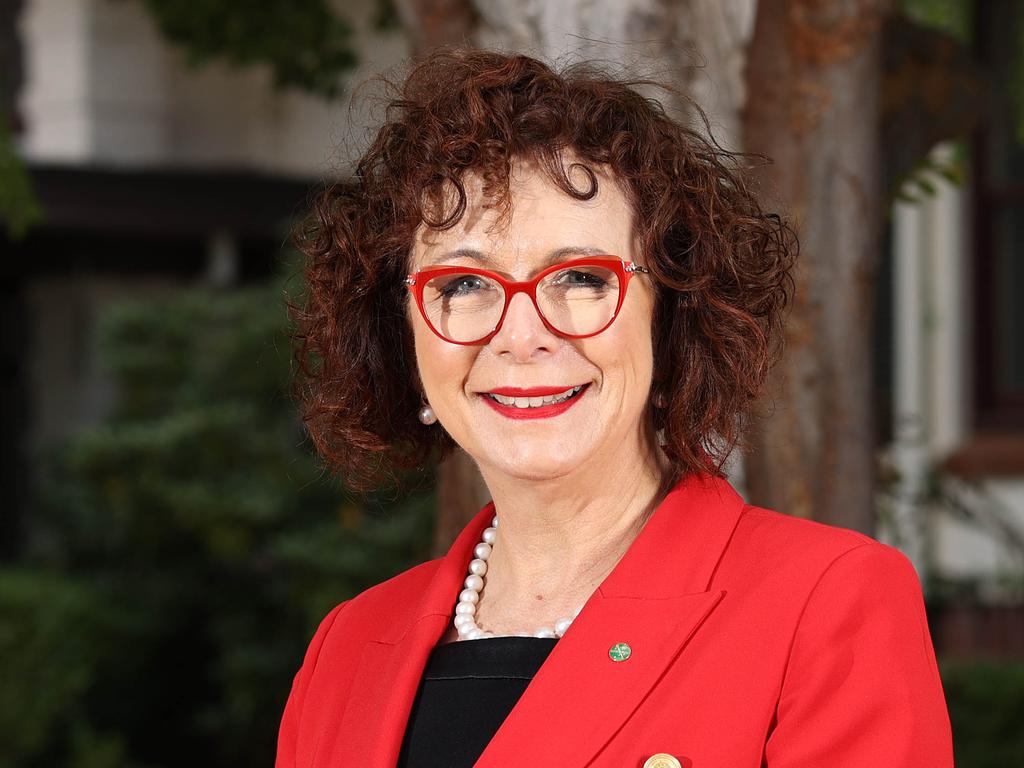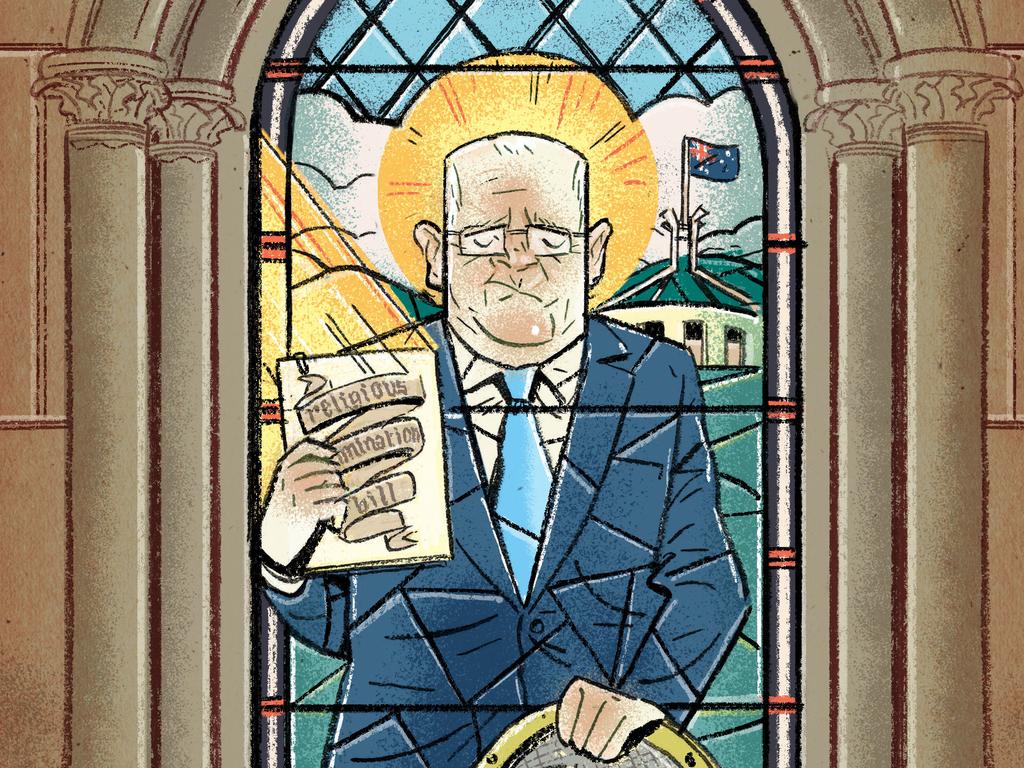Labor, Greens and crossbench move to delay religious discrimination bill
The move will leave the government only two days in March next year to pass protections for faith groups and individuals.

Labor, the Greens and crossbenchers have teamed-up in an attempt to delay Scott Morrison’s religious discrimination bill and leave the government only two days in March next year to pass protections for faith groups and individuals.
Greens Senator Janet Rice will move a motion in the upper house on Wednesday calling for the bill to be referred to the legal and constitutional affairs legislation committee, which would report back by February 14.

After the government agreed to opposition demands to send the bill to a parliamentary joint committee, The Australian understands Labor was expected to back the Greens motion and flick it back to a Senate committee.
Government plans for the joint committee on human rights to report back by February 4 would have given them an extra three days to pass the religious protections in the Senate when parliament resumes four-days later.
The government’s draft parliamentary sitting calendar released this week showed the Senate was scheduled to sit for only five days before an expected May election.

Ahead of the government bringing on a vote in the lower house on Wednesday or Thursday, Attorney-General Michaelia Cash said: “Labor first voted against the bill being referred to a Senate committee, because their lower house members couldn’t participate.”
“The government then referred the bill to a joint parliamentary committee to give members of both chambers an opportunity to contribute. Now, Labor and the Greens are trying to further delay the passage of this legislation by referring back to the Senate committee they initially blocked last week,” Senator Cash said.
“This is a cowardly display of delaying the substantive debate on the bill, which seeks to give fundamental protections for people of faith.”
“Labor is using every trick in the book to avoid protecting Australians from religious discrimination. In contrast, the Morrison government believes that Australians should not be discriminated against based on their religious belief, or their lack of religious belief.”
Senator Cash said it was the government’s “clear position to deal with this bill as quickly as possible”.
After crossbenchers were briefed on the bill on Tuesday afternoon, the government is trying to secure enough numbers in the House of Representatives to ensure they can push the legislation through the lower house before MPs leave Canberra.
The Australian understands moderate Liberal MPs including Warren Entsch, Trent Zimmerman and Bridget Archer could join Labor and crossbenchers to procedurally delay a vote on the bill, leaving the government relying on crossbench support.
Opposition legal affairs spokesman Mark Dreyfus on Tuesday raised Labor’s concerns over referring the religious discrimination bill to the “government-controlled joint standing committee on human rights”.
“The government-controlled parliamentary joint committee on human rights has also signalled that it will reject submissions that do not ‘strictly’ address its terms of reference,” Mr Dreyfus said.
“This means if religious organisations want to argue in favour of stronger anti-vilification protections to protect people of faith, they may be denied a voice. If a union or school want to argue that Scott Morrison should follow through on his commitment to amend the Sex Discrimination Act to make it unlawful to discriminate against gay students, they also may not be heard.”
Mr Dreyfus said: “Labor does not accept that the government should be dictating who the committee should be receiving evidence from and what issues they can raise.”
“We repeat our call for the government to work with Labor on a genuine inquiry involving both MPs and senators so that this important legislation receives the consideration it deserves,” he said.








To join the conversation, please log in. Don't have an account? Register
Join the conversation, you are commenting as Logout